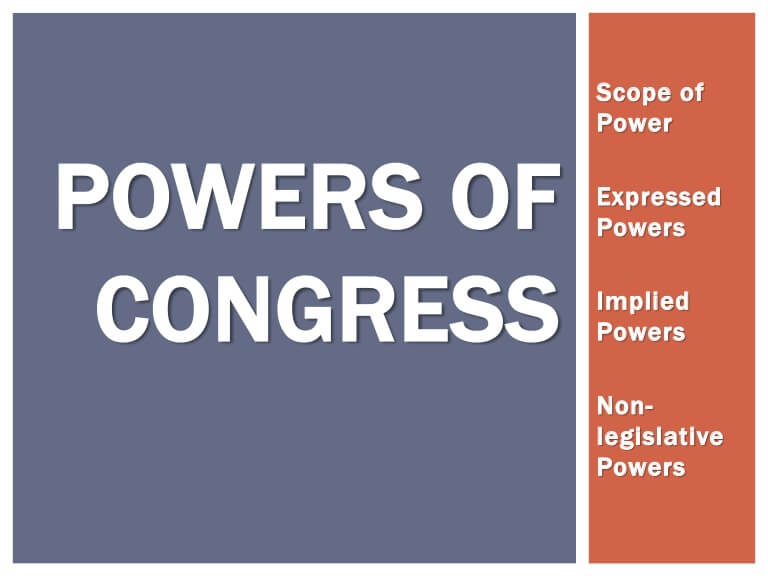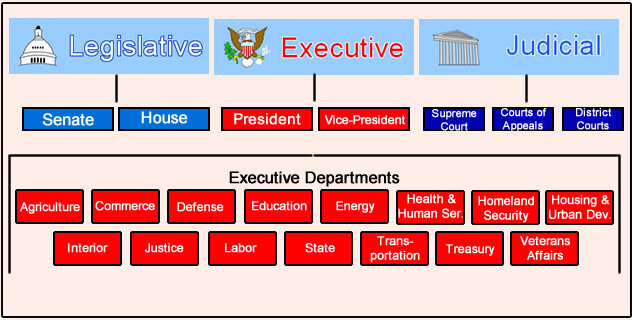Bellwork/Group Work
With your neighbor, identify your current knowledge of the Civil Rights Movement. Ask each other these questions:
- Who?
- When?
- Why?
- Where?
- How?
Our Standard
GC.26
Evaluate the Supreme Court’s interpretations of the freedoms in the 14th Amendment, equal
protection, and due process clauses, including:
• Plessy v. Ferguson • Roe v. Wade • Gitlow v. New York • Obergefell v. Hodges • Brown v. Board of Education H, P, T
What am I learning today?
This impact of Brown v Board of Education had on our nation.
Why am I learning this?
Brown v Board of Education was a ground-breaking US Supreme Court Decision that changed our country.
How will I know I learned this?
Understanding how a 1954 US Supreme Court decision changed YOUR life..
Objective Today
The students will understand how people over the years have been denied their civil rights and the steps America has taken to instill these rights and how Brown v Board of Education was a catalyst for change.
What was Mark Twain saying?
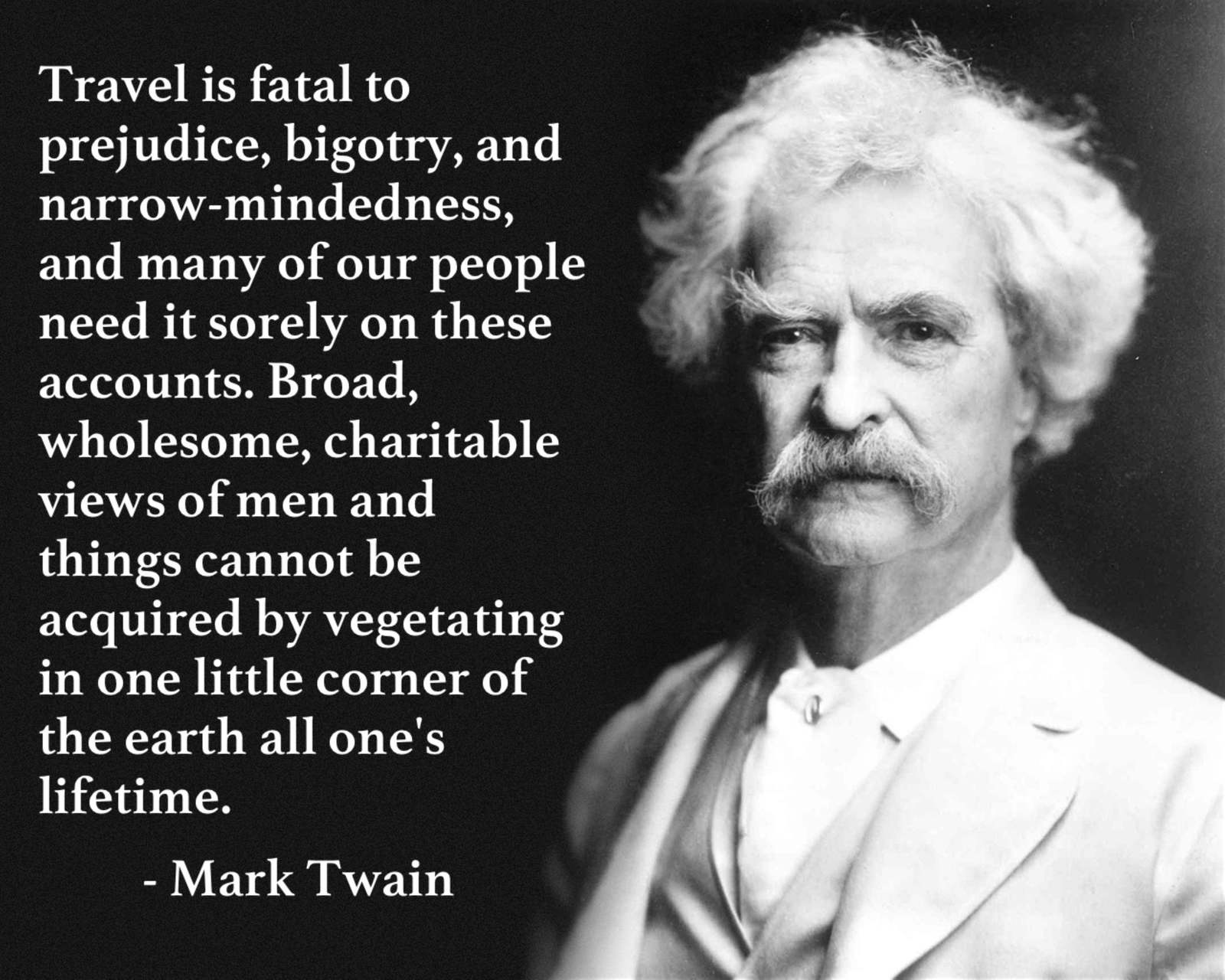
Discrimination
dis·crim·i·na·tion – noun
1. an act or instance of discriminating, or of making a distinction.
2. treatment or consideration of, or making a distinction in favor of or against, a person or thing based on the group, class, or category to which that person or thing belongs rather than on individual merit: racial and religious intolerance and discrimination.
3. the power of making fine distinctions; discriminating judgment: She chose the colors with great discrimination.
4. Archaic. something that serves to differentiate.
Origin:
1640–50; < Latin discrīminātiōn- (stem of discrīminātiō ) a distinguishing. See discriminate, -ion
(http://dictionary.reference.com/browse/discrimination)
Prejudice
prej·u·dice – noun
1. an unfavorable opinion or feeling formed beforehand or without knowledge, thought, or reason.
2. any preconceived opinion or feeling, either favorable or unfavorable.
3. unreasonable feelings, opinions, or attitudes, especially of a hostile nature, regarding a racial, religious, or national group.
4. such attitudes considered collectively: The war against prejudice is never-ending.
5. damage or injury; detriment: a law that operated to the prejudice of the majority.
verb (used with object)
6. to affect with a prejudice, either favorable or unfavorable: His honesty and sincerity prejudiced us in his favor.
(http://dictionary.reference.com/browse/prejudice)
Bigotry
big·ot·ry – noun, plural big·ot·ries.
1. stubborn and complete intolerance of any creed, belief, or opinion that differs from one’s own.
2. the actions, beliefs, prejudices, etc., of a bigot.
Origin:
1665–75; bigot + -ry, formation parallel to French bigoterie
Synonyms
1. narrow-mindedness, bias, discrimination.
(http://dictionary.reference.com/browse/bigotry)
Civil War Amendments to the US Constitution


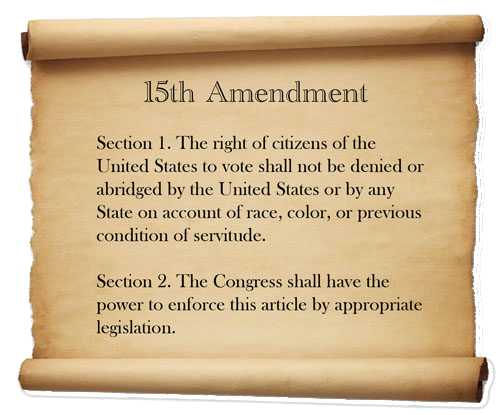
Plessy V Ferguson
February 8, 1915
How ‘The Birth of a Nation’ Revived the Ku Klux Klan
Jim Crow Laws
Water Fountains
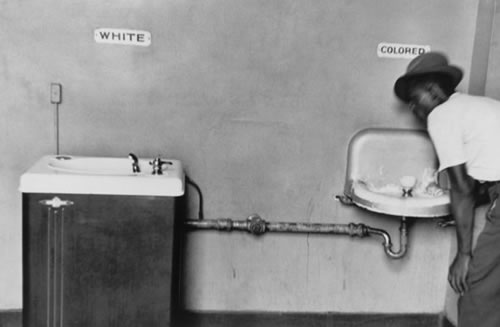
Movie Theaters

Housing
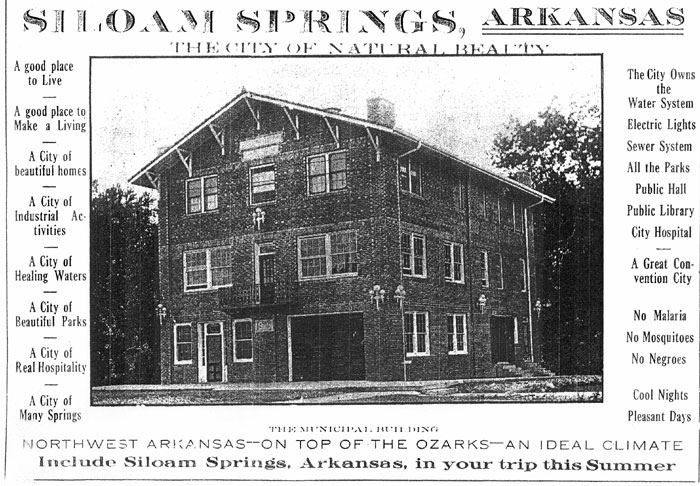
Sundown Towns

Creation of the KKK
KKK founded
1920’s Nativism and the Revival of the KKK
Red Summers – Tulsa
The Red Summer of 1919 in U.S. Cities
Remains found in search for 1921 Tulsa race massacre victims
Researchers find skeletal remains of children, man with gunshot wounds at unmarked graves near Tulsa Race Massacre site
1954 – Brown vs Board of Education
1955 – Emmitt Till is Murdered

August 28, 1955
Justice Department Reopens Emmett Till Murder Investigation
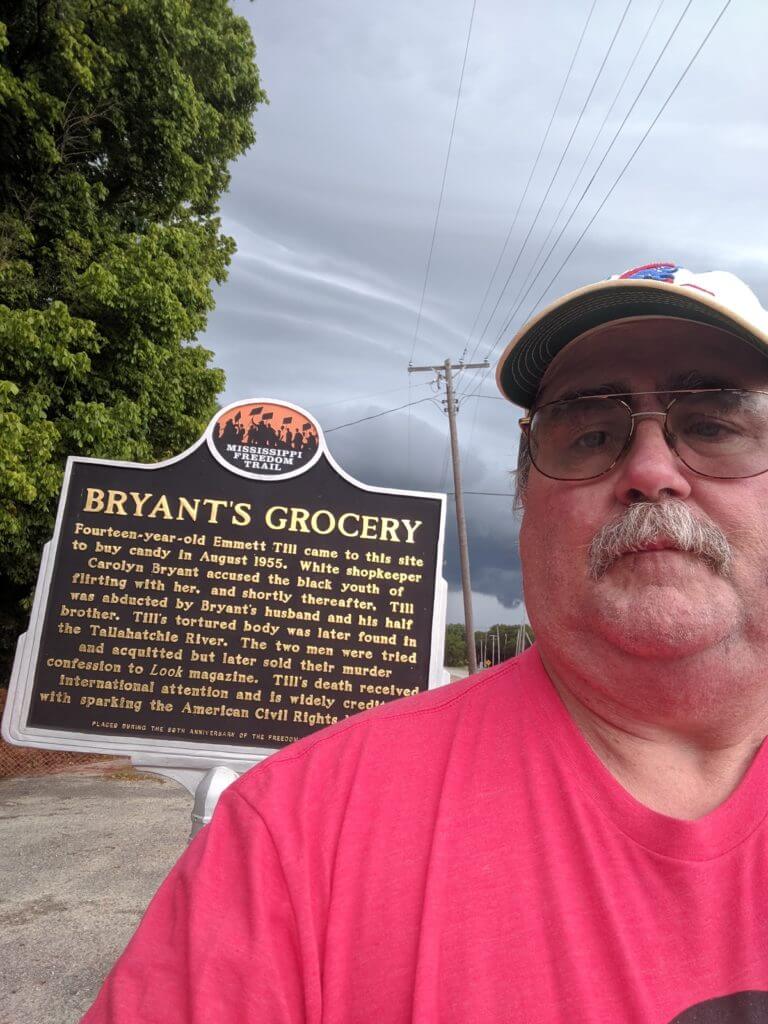
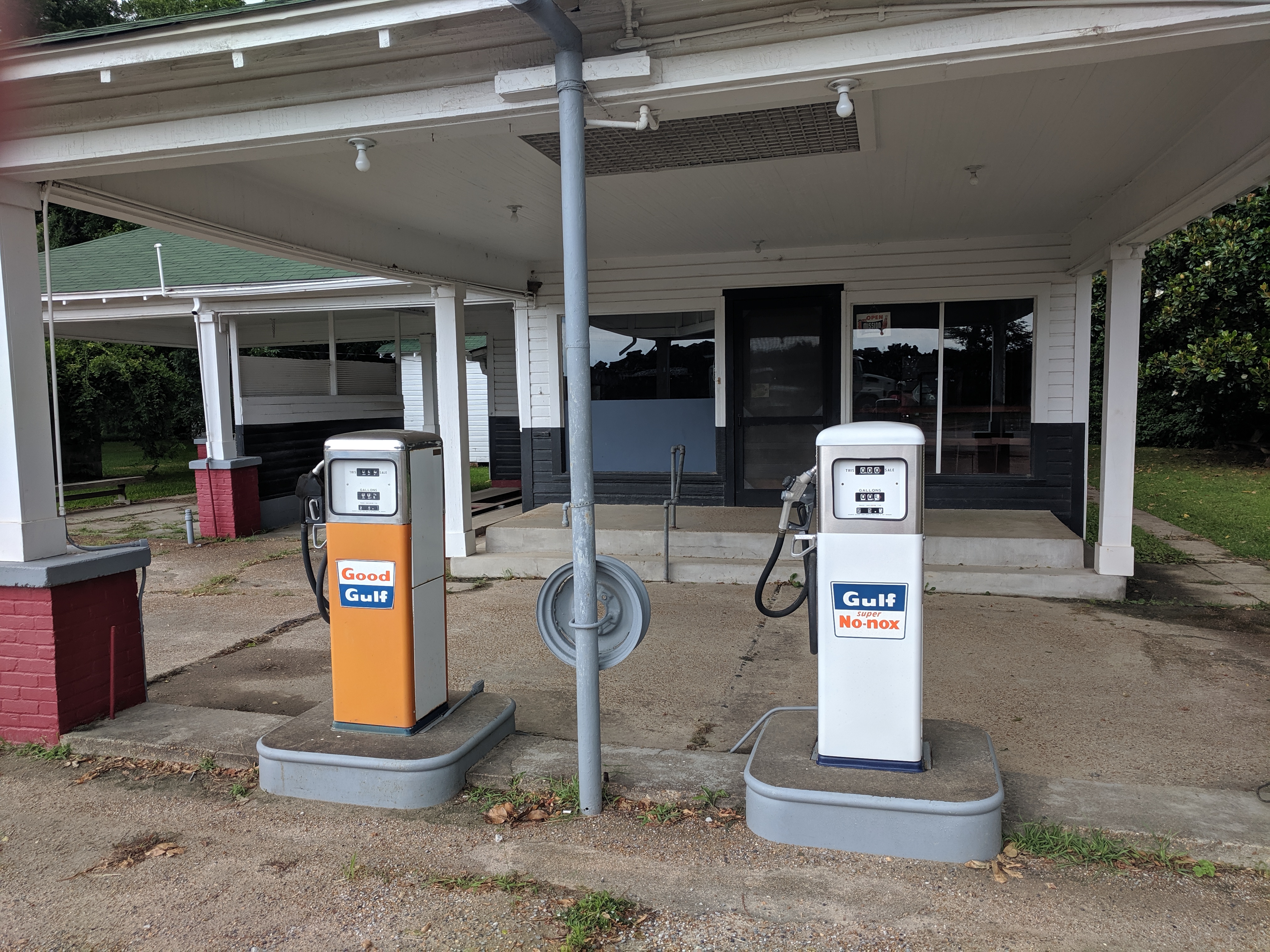
December 1, 1955
Rosa Parks
1956 – The Clinton 12
Lunch Counter Sit-ins
1961
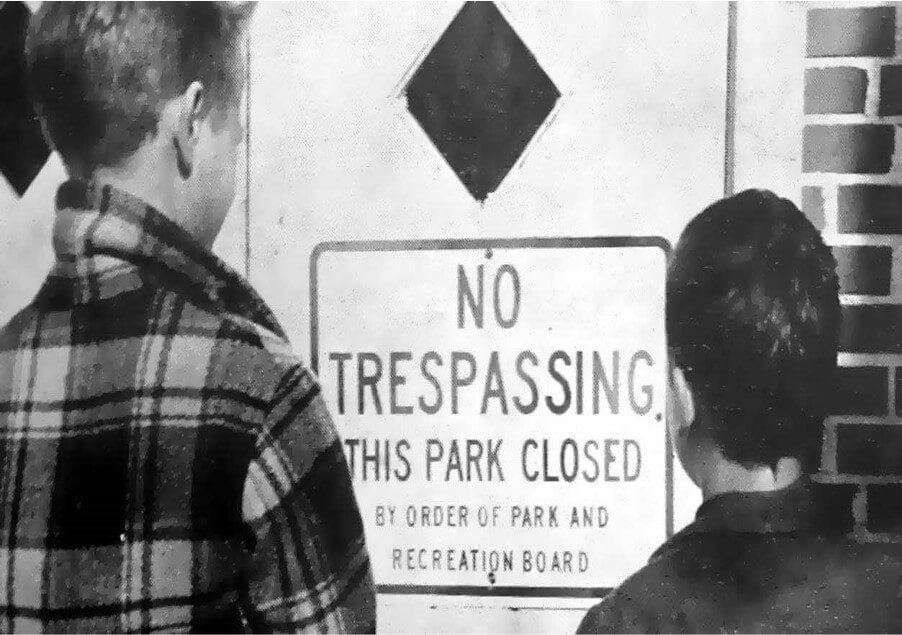
“In the summer of 1961, two young African-American men decided to go swimming at one of Nashville’s municipal pools — one that was reserved by Jim Crow for whites only. Days later, the city closed all its public pools — and left them shut for three years.
Of the 22 municipal swimming pools Nashville operated at the time, seven were designated for blacks. One of those was in Hadley Park, barely a mile from the Freedom Rides office.
If they were going to swim that day, they were going to do it at Centennial Park — Nashville’s premiere public space — a park with a full-scale replica of the Parthenon right in the middle.
Hadley was lovely, too. Like Centennial, it had a bandshell, playing fields, shade trees, and ample space for picnics. But, as Lillard explained, the intent of the Civil Rights Movement was not to abandon what was good in black neighborhoods.
“The goal was to have dignity.”“
https://bittersoutherner.com/nashville-pools-jim-crow#.X4OTEWhKiUk


Easter of 1963 – Birmingham
Letter from Birmingham Jail
“Negro brothers smothering in an airtight cage of poverty in the midst of an affluent society; when you suddenly find your tongue twisted and your speech stammering as you seek to explain to your six-year-old daughter why she can’t go to the public amusement park that has just been advertised on television, and see the tears welling up in her little eyes when she is told that Funtown is closed to colored children, and see the depressing clouds of inferiority begin to form in her little mental sky, and see her begin to distort her little personality by unconsciously developing a bitterness toward white people; when you have to concoct an answer for a five-year-old son who is asking in agonizing pathos: “Daddy, why do white people treat colored people so mean?” when you take a cross country drive and find it necessary to sleep night after night in the uncomfortable corners of your automobile because no motel will accept you;
May 2, 1963, Kids March in Birmingham
June 11, 1963 – University of Alabama and Governor George Wallace
August 28, 1963 – “I have a Dream”
Freedom’s Ring
18 Days Later
1964 – Civil Rights Act
Some People Did Not Want it to Pass
At 7:40 on the evening of June 19, 1964, after the longest debate in its nearly 180-year history, the U.S. Senate passes the Civil Rights Act of 1964. The vote in favor of the bill is 73 to 27. Thirteen days later, on July 2, the U.S. House of Representatives passes the bill and President Lyndon B. Johnson signs the bill into law that same evening. Five hundred amendments were made to the bill and Congress debated the bill for 534 hours
Louisiana Literacy Test
1965 – Selma, Alabama
1946 Mississippi
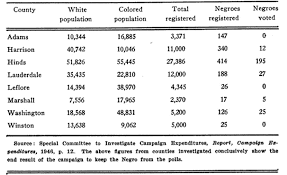
1965 – Voting Rights Act
1968 MLK Assassinated
CIVIL RIGHTS MARTYRS
1968 Olympics
1969 SEC Football
I am in the third grade – I watched this on our black and white TV:
https://www.youtube.com/watch?v=Dr5lCDnOnWI
My Little League Team in 1971
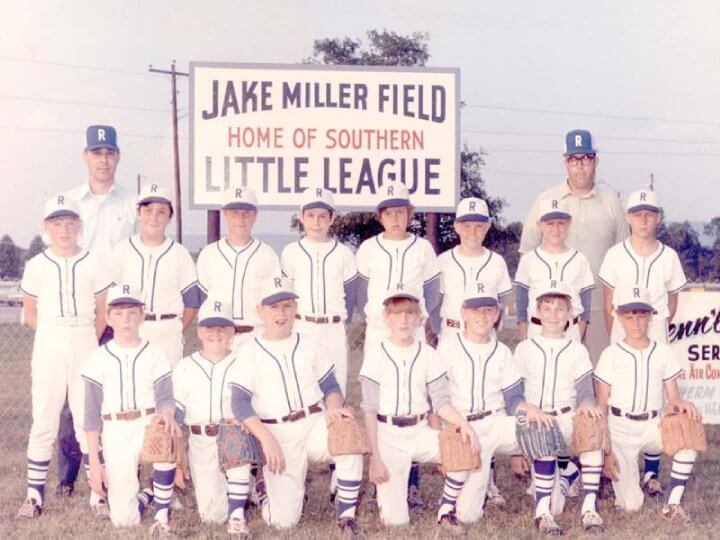
My Little League Team in 1972
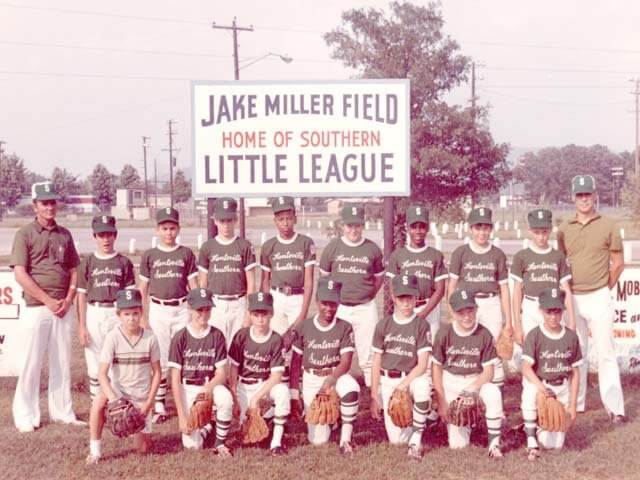
What made the difference? Rather, WHO made the difference?
https://www.youtube.com/watch?v=yKQ9RCSe0cs
Who is This?
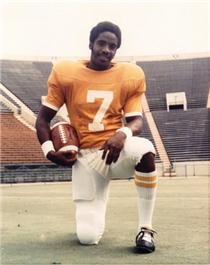
What did the Civil Rights Movement Achieve?
Let’s Recap!
Assessment Questions
- What is Discrimination?
- What is Prejudice?
- What is Bigotry?
- What is the 14th Amendment?
- How did Brown v Board of Education impact YOUR life?
Our Standard
GC.26
Evaluate the Supreme Court’s interpretations of the freedoms in the 14th Amendment, equal
protection, and due process clauses, including:
• Plessy v. Ferguson • Roe v. Wade • Gitlow v. New York • Obergefell v. Hodges • Brown v. Board of Education
H, P, T
What am I learning today?
This impact Brown v Board of Education had on our nation.
Why am I learning this?
Brown v Board of Education was a ground-braking US Supreme Court Decision that changed our country.
How will I know I learned this?
Understanding how a 1954 US Supreme Court decision changed YOUR life..
Objective Today
The students will understand how people over the years have been denied their civil rights and the steps America has taken to instill these rights and how Brown v Board of Education was a catalyst for change.
